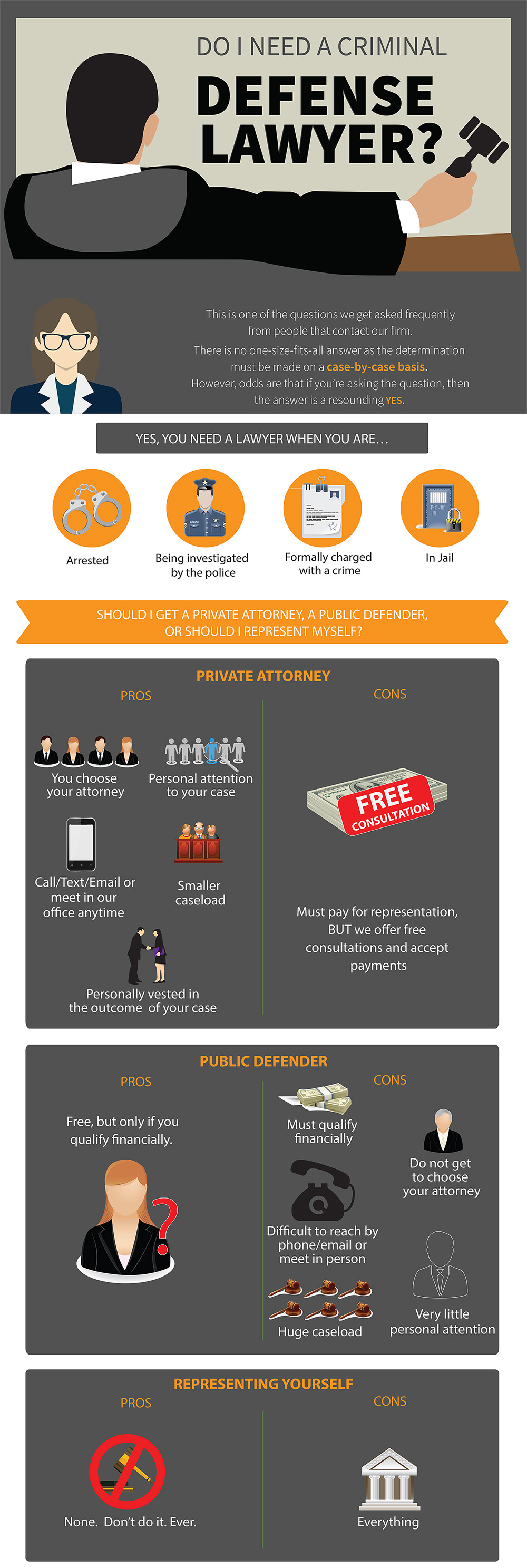You have actually possibly listened to the misconception that if you're charged with a criminal offense, you have to be guilty, or that remaining silent methods you're hiding something. These extensive beliefs not just misshape public perception yet can additionally influence the results of legal procedures. https://good-criminal-lawyers87531.blog2freedom.com/32356573/how-to-choose-the-right-dui-lawyer-for-your-case to peel back the layers of mistaken belief to understand real nature of criminal protection and the rights it shields. What if you knew that these myths could be taking down the very foundations of justice? Sign up with the conversation and check out just how unmasking these myths is crucial for making sure fairness in our lawful system.
Misconception: All Accuseds Are Guilty
Commonly, people mistakenly think that if a person is charged with a criminal activity, they have to be guilty. You may presume that the lawful system is foolproof, yet that's far from the truth. Fees can come from misunderstandings, mistaken identifications, or inadequate evidence. It's vital to remember that in the eyes of the law, you're innocent until tried and tested guilty.
This assumption of virtue is the bedrock of the criminal justice system. It guarantees that the burden of proof lies with the prosecution, not you. https://gunnerscktd.luwebs.com/33006349/5-ways-to-prevent-a-drunk-driving-cost-during-holiday-celebrations must develop past a practical uncertainty that you committed the criminal activity. This high common shields individuals from wrongful convictions, making certain that no one is penalized based upon presumptions or weak evidence.
Furthermore, being billed does not suggest the end of the roadway for you. You deserve to defend on your own in court. This is where a proficient defense lawyer enters into play. They can test the prosecution's instance, present counter-evidence, and supporter in your place.
The complexity of lawful proceedings typically needs professional navigation to guard your civil liberties and attain a reasonable end result.
Misconception: Silence Equals Admission
Lots of think that if you select to stay quiet when implicated of a criminal offense, you're essentially admitting guilt. However, this couldn't be further from the fact. Your right to remain silent is protected under the Fifth Amendment to avoid self-incrimination. It's a legal safeguard, not a sign of regret.
When you're silent, you're in fact exercising an essential right. This avoids you from stating something that may accidentally harm your defense. Bear in mind, in the heat of the moment, it's easy to get confused or talk erroneously. Law enforcement can interpret your words in means you didn't mean.
By remaining quiet, you give your legal representative the most effective opportunity to defend you successfully, without the problem of misinterpreted declarations.
Moreover, it's the prosecution's job to verify you're guilty past an affordable doubt. Your silence can't be used as evidence of regret. In fact, jurors are instructed not to interpret silence as an admission of guilt.
Misconception: Public Defenders Are Inadequate
The mistaken belief that public protectors are ineffective continues, yet it's crucial to understand their crucial duty in the justice system. Lots of think that since public protectors are often strained with situations, they can not give high quality protection. Nonetheless, this ignores the deepness of their devotion and competence.
Public protectors are completely certified attorneys that've selected to specialize in criminal legislation. They're as certified as private attorneys and commonly much more seasoned in test job due to the volume of cases they manage. You may think they're less determined due to the fact that they do not choose their customers, yet actually, they're deeply devoted to the perfects of justice and equal rights.
It's important to remember that all attorneys, whether public or private, face challenges and constraints. Public protectors commonly deal with less resources and under even more stress. Yet, they regularly show durability and imagination in their protection approaches.
Their duty isn't just a task; it's an objective to make sure that everyone, despite income, gets a fair trial.
Conclusion
You could assume if somebody's billed, they should be guilty, however that's not exactly how our system functions. Picking to remain quiet does not imply you're confessing anything; it's simply wise self-defense. And don't underestimate public protectors; they're committed experts devoted to justice. Remember, everybody deserves a fair trial and experienced representation-- these are fundamental legal rights. Allow' visit the next post shed these misconceptions and see the legal system for what it truly is: a place where justice is looked for, not just punishment dispensed.
